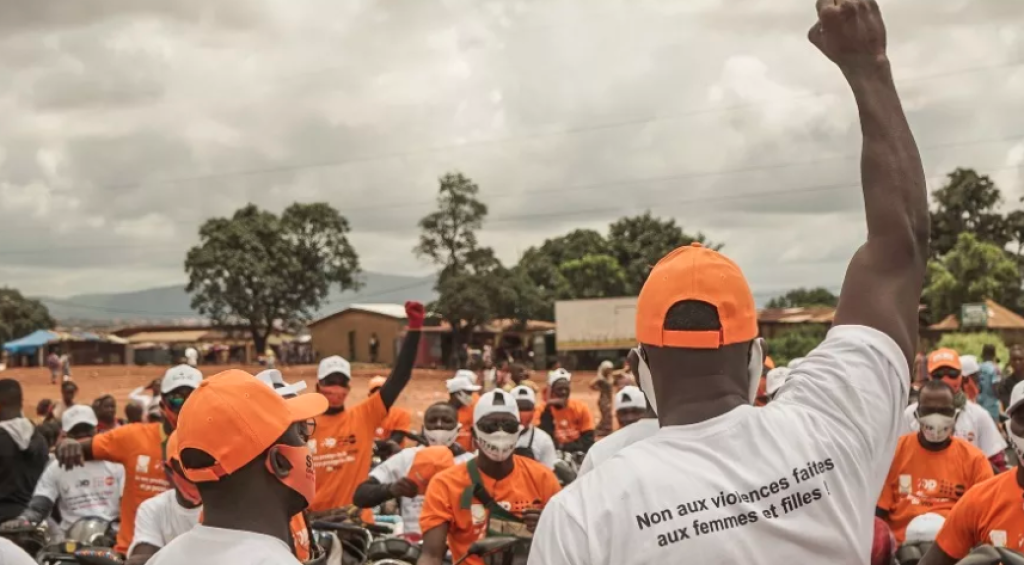Female genital mutilation (FGM) is a global crisis. Today, 200 million women and girls suffer from the consequences of FGM and more than 70 million are at risk of FGM by 2030. FGM is defined by the WHO as “all procedures that involve partial or total removal of the external female genitalia, or other injury to the female genital organs for non-medical reasons.” It is a human rights’ violation, an extreme form of gender-based violence (GBV), sexual assault and child abuse. Every country in the world has a legal framework against FGM, and the practice –the crime– is a strong impediment to achieving sustainable economic and social development.
The practice impacts the lives of women and girls in every aspect—from the moment they are cut and throughout their lifetime. From the immediate and long-term physical and psychological health consequences of FGM to its consequences on exposure to additional forms of GBV, on educational achievements, and labor force participation: FGM prevents women and girls from reaching their full potential.
Since 2012, the UN General Assembly has adopted several resolutions urging the international community to intensify global efforts to eradicate FGM. It also called upon states, the United Nations system, civil society and all stakeholders to continue to observe the 6th of February as the International Day of Zero Tolerance for FGM, to use the day to enhance awareness raising campaigns and to take concrete actions against FGM in the world.
This year the global theme for the Zero Tolerance Day for FGM promotes partnership with men and boys to transform social and gender norms and end FGM. Although FGM is often practiced on girls during infancy by other female members of their communities (either a family member or a traditional cutter), the root causes that perpetuate the practice are found in harmful patriarchal and gender discriminatory norms. FGM is, for instance, practiced under the idea that it controls a woman’s sexuality, secures her virginity, or that her genitalia are evil. Moreover, it is also the first type of violence that a woman experiences in her life, and often results in exposure to other forms of GBV, especially child and forced marriage and intimate partner violence due to FGM’s complications.
Men, therefore, have a crucial role to play in the fight against FGM. Because in unequal patriarchal societies, the individual voices of men matter more than the collective voice of women but most importantly because FGM is being carried out at their request or in their unspoken name.
In recent years, men have started to gradually engage in the fight against FGM at all levels. From individual fathers refusing that FGM be carried out on their daughters to male grassroots organizations in practicing countries dedicating their efforts to fighting FGM. We have seen famous football players advocating against FGM via the My Daughter is Born Perfect movement, and male colleagues within our organization addressing FGM in their operational work in practicing countries.
On the 15th of February, the World Bank’s Global Forum on Law, Justice and Development FGM Legal Working Group will be hosting its annual event to mark the Zero Tolerance Day. It will bring together development practitioners, men-led organizations against FGM and other relevant actors to discuss the role, opportunities and challenges of men and boys’ engagement in the fight against FGM.
Source : World Bank





































































